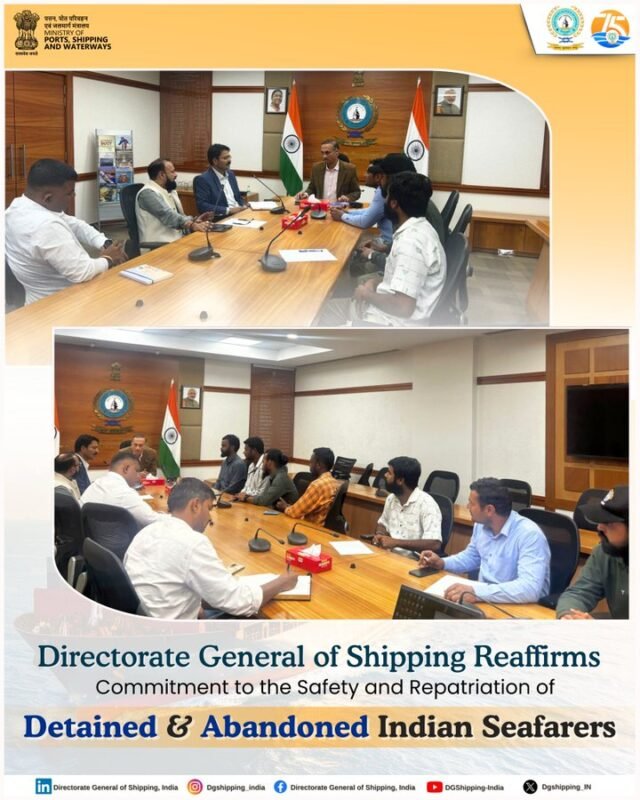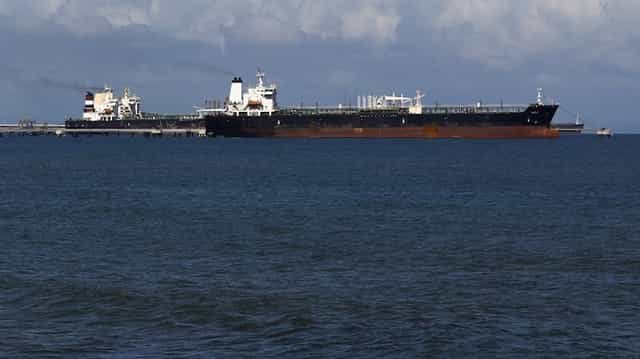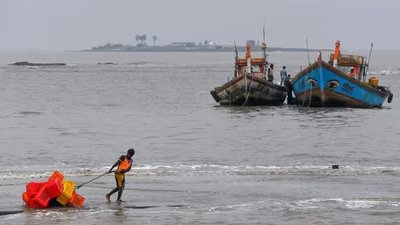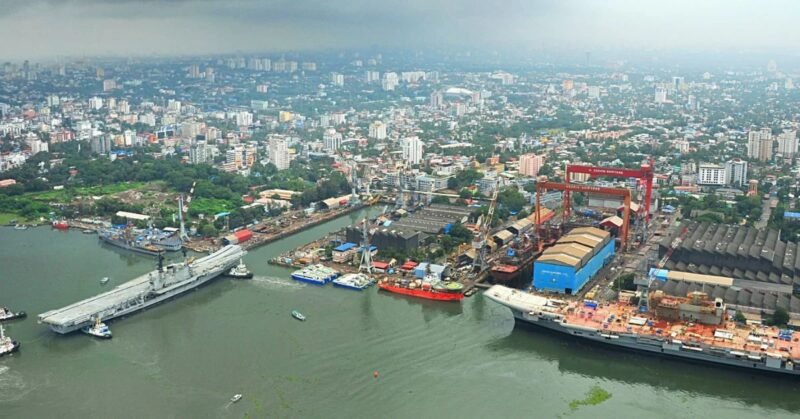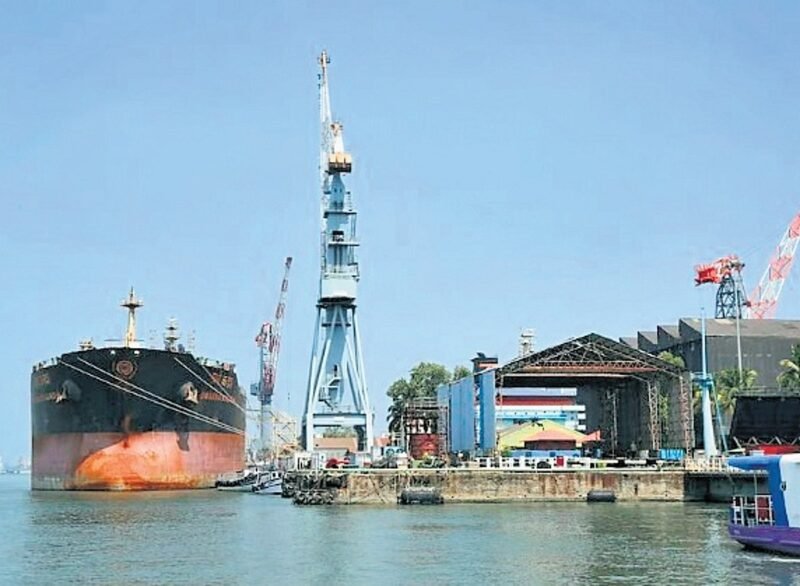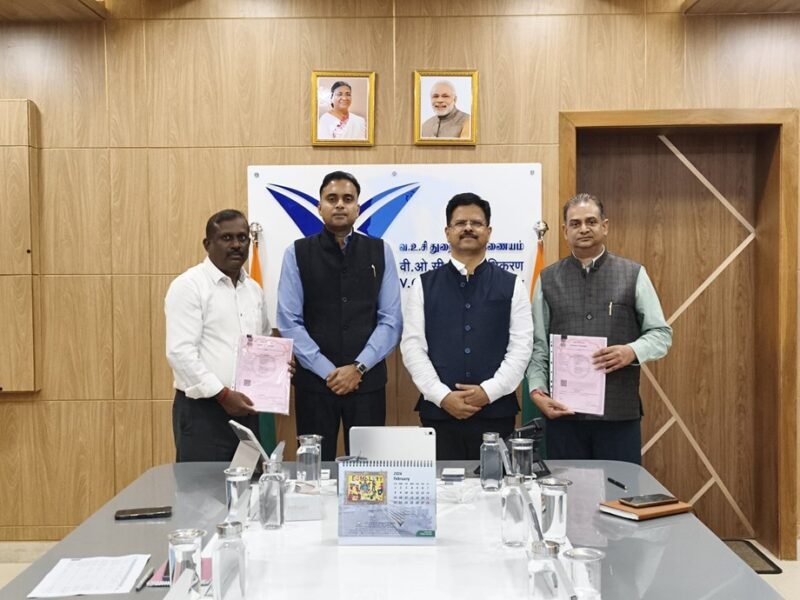Following the sinking of the MSC Elsa-3 off Kerala’s coast, the shipping industry is urging for enhanced Port State Control (PSC) to ensure national safety and uphold international standards. Experts suggest increasing the number of PSC officers, filling current vacancies, and modernizing inspection tools and training programs to improve regulatory compliance.
The PSC is vital for inspecting foreign-flagged vessels operating in Indian waters, especially since over 97% of India’s EXIM cargo is transported by such ships. Despite the significant growth in India’s ports and vessel traffic over the past three decades, the number of sanctioned PSC officers has remained stagnant, with nearly 40% of positions unfilled. This shortage often leaves single inspectors responsible for evaluating complex vessels that previously required teams.
Additionally, the inspection process must be streamlined to avoid bureaucratic delays and incorporate real-time data and port cooperation. The effectiveness of the PSC has diminished due to administrative inertia and resource limitations, posing risks to maritime safety. If not addressed, this could compromise the integrity of Indian waters, signaling to international shipping lines that India’s regulatory framework is insufficient, undermining its aspirations as a maritime power.








